The Company is a network of senior volunteers who provide digital mediation for individuals over 65 years of age.


The Company is a network of senior volunteers who provide digital mediation for individuals over 65 years of age.
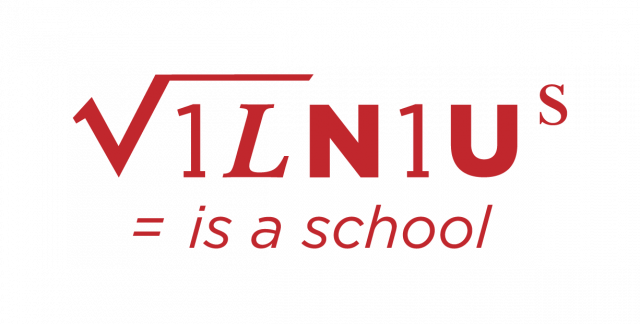
Vilnius is a School demonstrates how a technology-enabled platform can transform the educational process, making it more open, inclusive, and engaging.
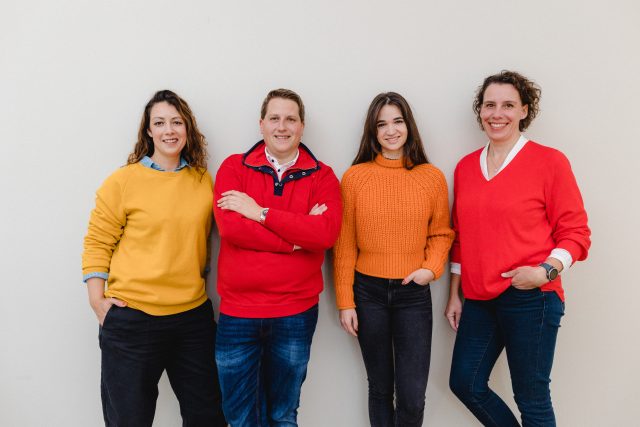
TechUcation@school is a free, digital-training programme which support teachers to recognise the opportunities of digitalisation, for themselves and their students.
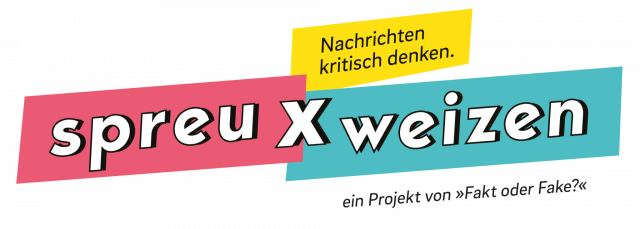
A group of political scientists and journalists from Saxony, Germany, address the problem of disinformation by opposing it with a positive view on qualitative journalism for a healthy democracy.
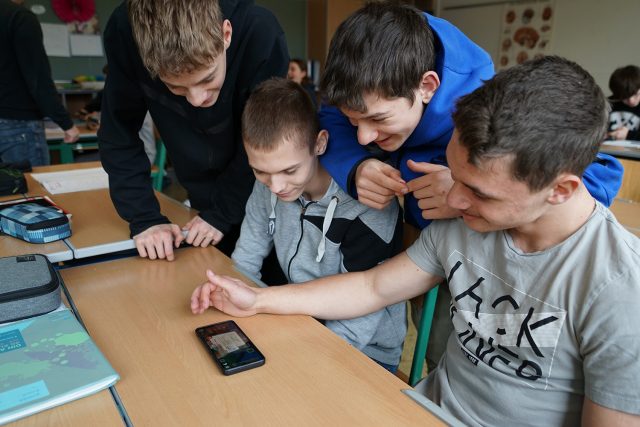
Children learn about democracy through the game “Mayority”, in which players take on the role of a Mayor.
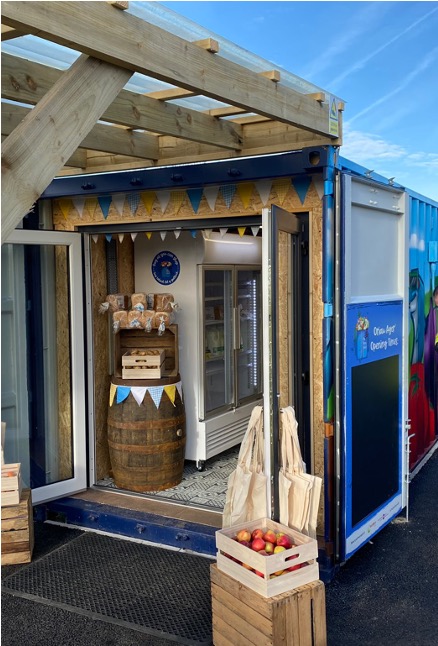
Big Bocs Bwyd empowers future generations to care about the food they eat, understand how it is produced, and learn about how they can live healthy lives.
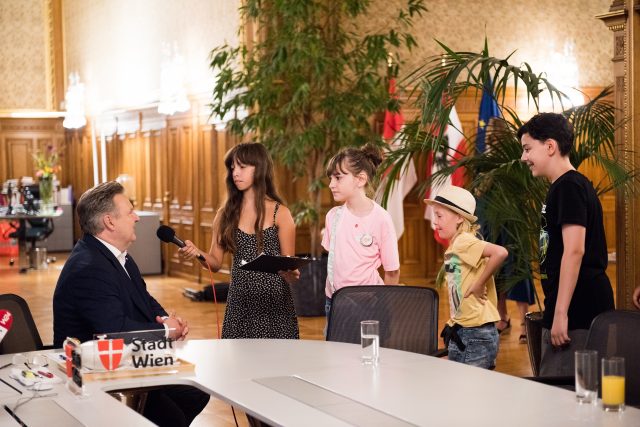
For one week in summer, children aged 6 to 13 year old come to the City Hall to study and work in their own Children’s City, governed by them.
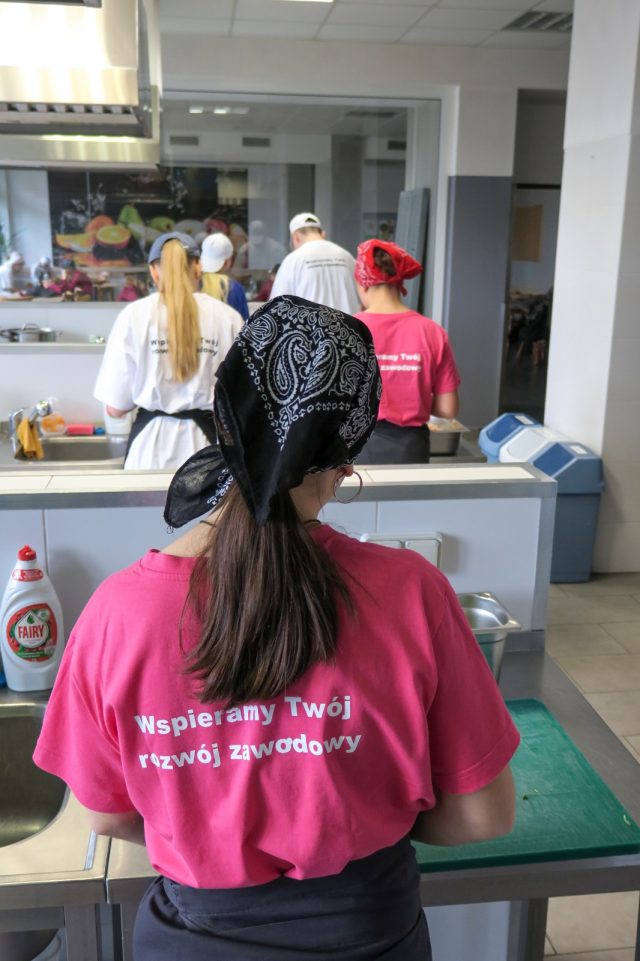
Fifty trainee chefs use surplus food from food stores to cook three-course meals for those in need, preventing food waste while feeding the hungry.
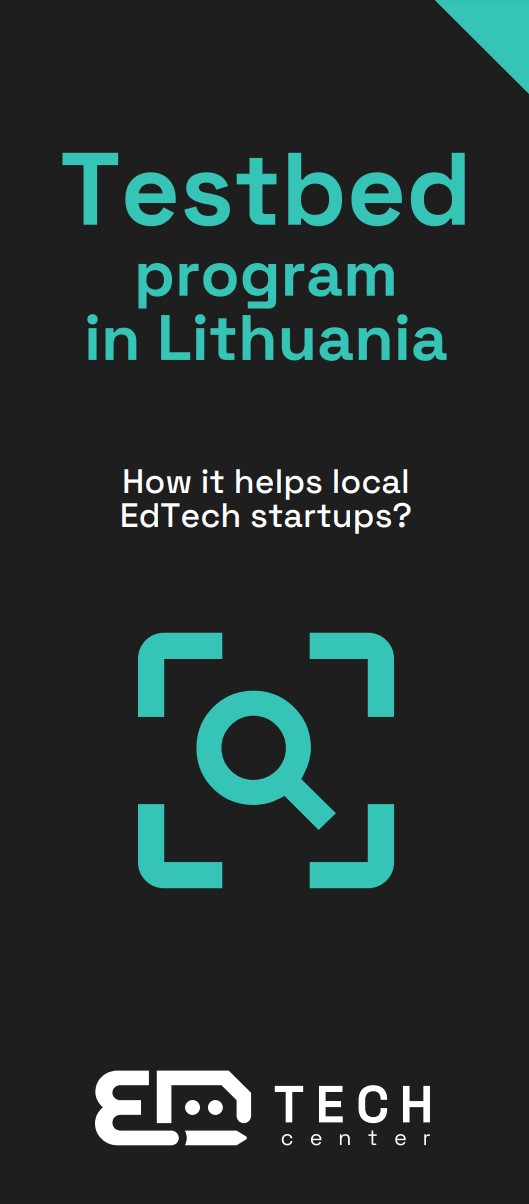
The Testbed Programme is a practical way for schools and creators to test the latest educational technologies in a real learning environment.
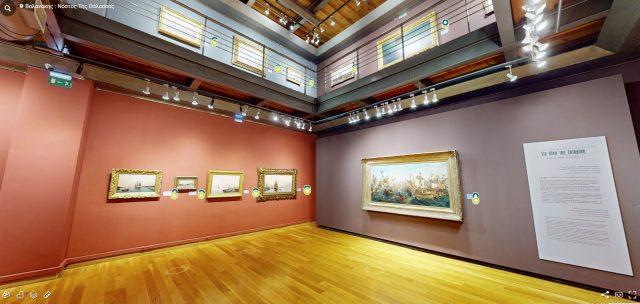
The Municipal Art Gallery of Chania implements an extensive digitisation programme of the exhibitions it organises.
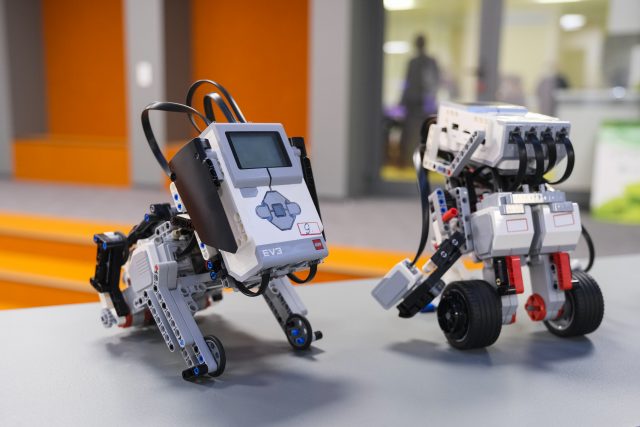
The Panevėžys STEAM Centre project addresses the lack of interest in STEAM activities among children by providing opportunities for practical skills development and STEAM-related training.
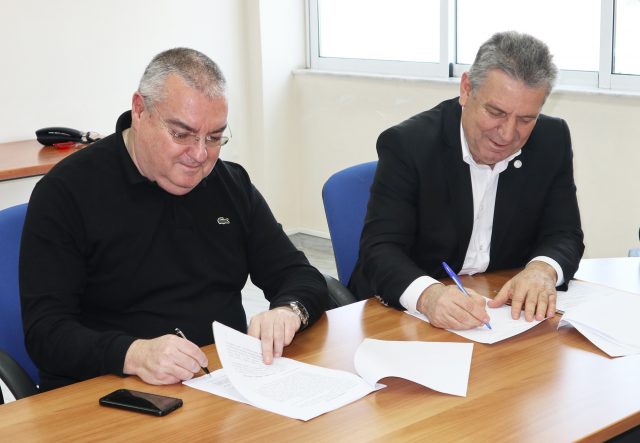
The Municipal University of Ilion offers free training programmes and promotes lifelong learning to enhance social inclusion and sustainable development, helping over 1,570 participants to access remote learning opportunities during the COVID-19 pandemic.
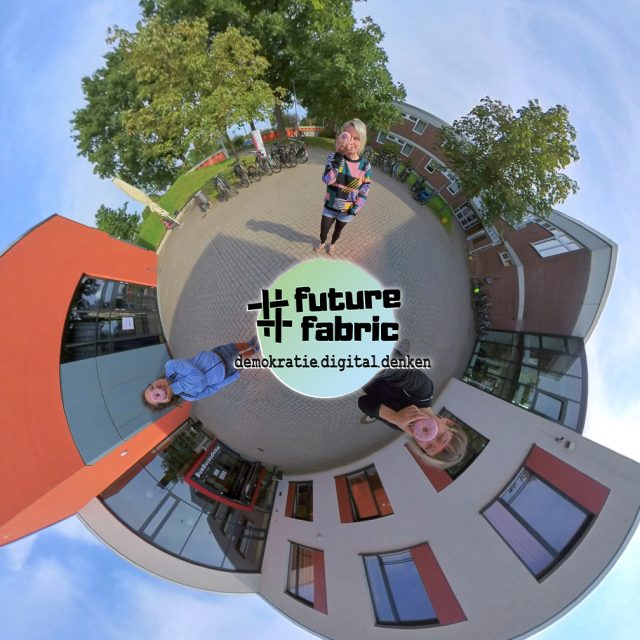
This project explores the opportunities and risks of the digital transformation through innovative educational activities that empower young people to navigate the challenges posed by disinformation and discriminatory algorithms in their digital lives.
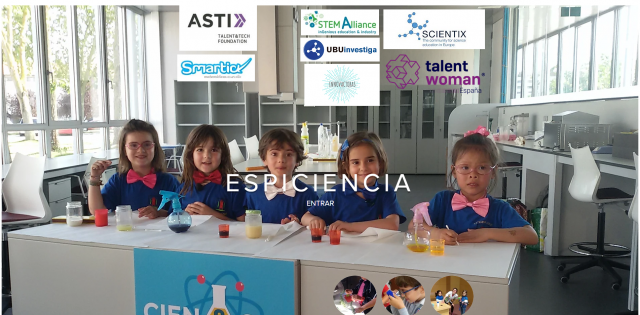
Espiciencia is an educational innovation project that aims to create a STEAM learning community in rural areas, promoting scientific and technological literacy within the entire community and empowering girls and women to enter science and technology professions.
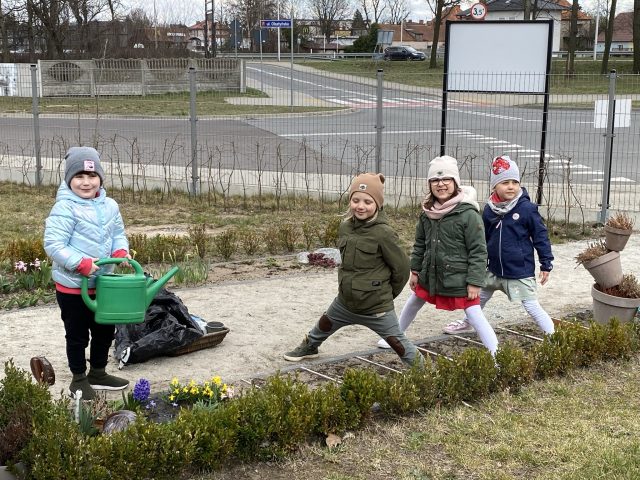
This rainwater collection project involves building storage reservoirs in kindergartens, educating preschoolers about the importance of rainwater and the water cycle, and encouraging effective management of rainwater on school properties.
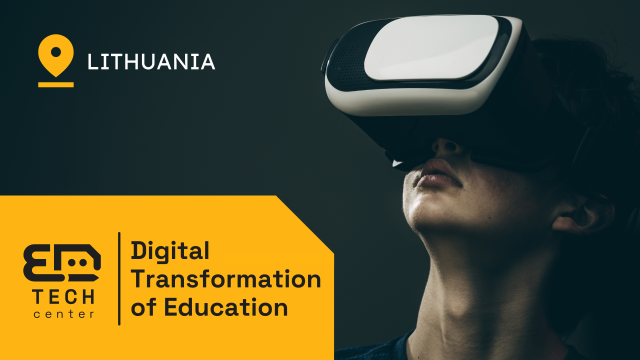
The EdTech project aims to transform the Lithuanian education system by fostering a culture of innovation through equipping educational institutions with innovative tools.
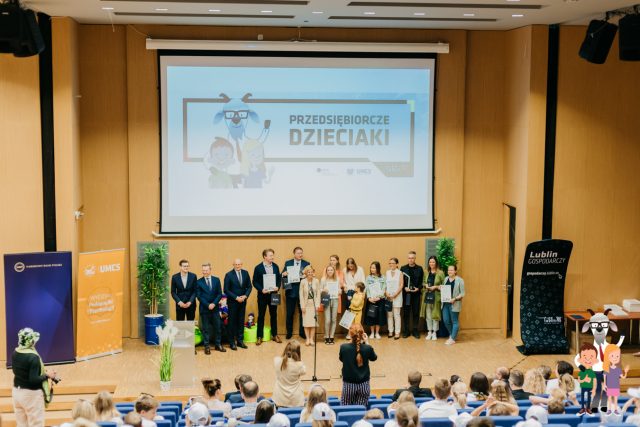
This project aims to promote a culture of entrepreneurship and innovation among 350 children aged 6-10 from the City of Lublin through specialist training, workshops, company visits, and a final gala, promoting the city’s economy among project participants.
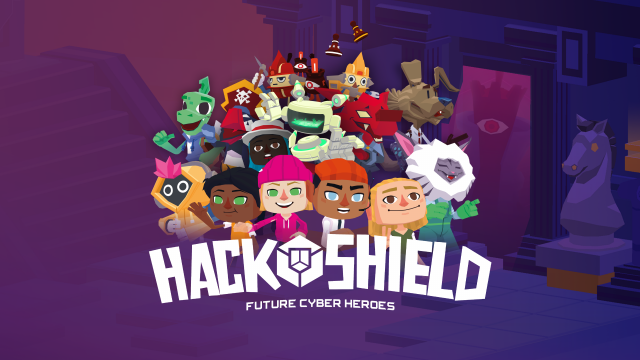
HackShield in the Class is a free programme that empowers children to protect themselves and others against cybercrime through fun and interactive educational activities, while providing teachers with the necessary tools for preparing their students for a digital future.
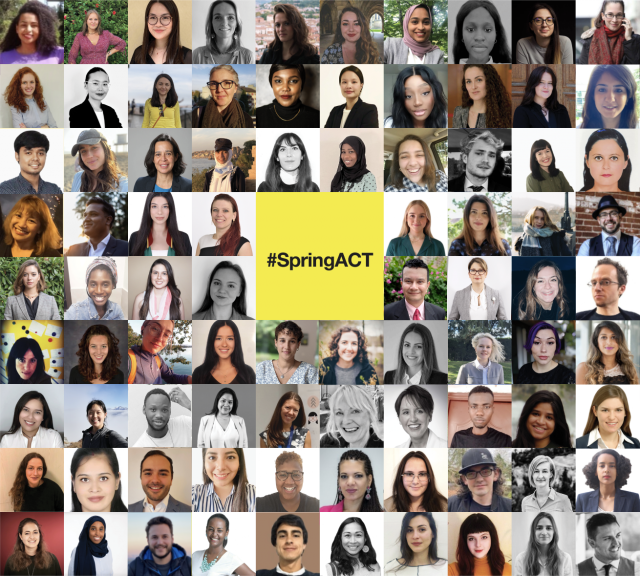
Sophia is a digital chatbot that anonymously assists survivors of domestic violence in gathering potential evidence, provides access to resources and support, and continuously evolves to meet the needs of survivors globally.

The Ausbildungscampus project is a collaborative effort to support young refugees and other young people in their journey towards vocational training and integration into society.